With unprecedented growth and driven by a mix of cultural heritage and technology, by 2100 dozens of African cities will join the ranks of humanity's largest megacities. According to several studies (some also hosted in this blog) by the end of this century Africa will be the only continent to experience population growth. More than a third of the world's population and 13 of the 20 largest cities in the world will be in Africa: today there are just two.
In fifteen decades the future will be decided on the black continent
In 2025 most of the world's largest cities will be in Asia: by 2100, as mentioned, the scenario will change completely. Five cities in Africa in particular (Abidjan, Lagos, Kinshasa, Khartoum, Mombasa) already have within them the "germs" of how the most populous communities of this century will grow.
In one extraordinary report which I recommend you read, Max Bearak of the Washington Post has collected a lot of material that can help us grasp the signs of this change. The researchers created three models of the world population, which grew up with three different "doses" of political and social interventions.
In all of these models, African cities prevailed in terms of growth: in only one of these models did the African continent not lead in population estimates by 2100.
In summary: changes in government policies, education levels, birth control, civil rights. Even climate change: nothing, despite notable effects, will be able to slow down Africa's cities in the coming years.

The five pillars of urban expansion in the Africa of the future
As mentioned, five African cities will be "pioneers" in the transformation of the entire African continent. I'll give you a summary of the reason.
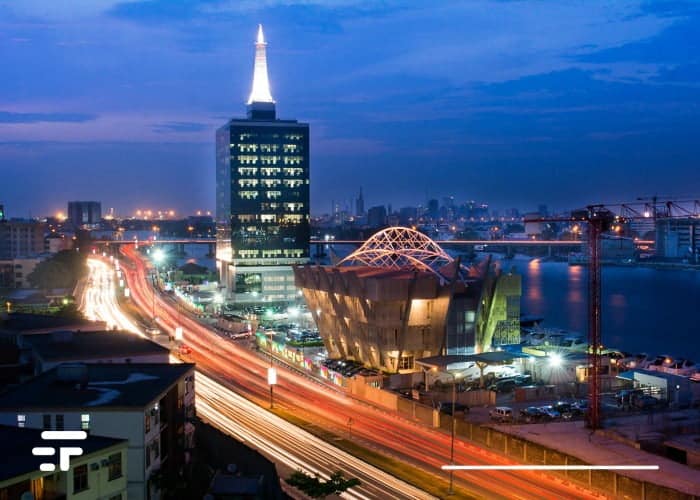
Lagos, Nigeria
It will be the most populous city in the world. And that means having to face an incredible challenge to cope with rapid growth. In one word: planning. We know there will be a sea of people, the authorities will have to make sure they live well. Putting tens of millions of new inhabitants into a low, dense city, born on polluted lagoons and rivers, and short of public services is a nightmare. Today. Tomorrow who knows.
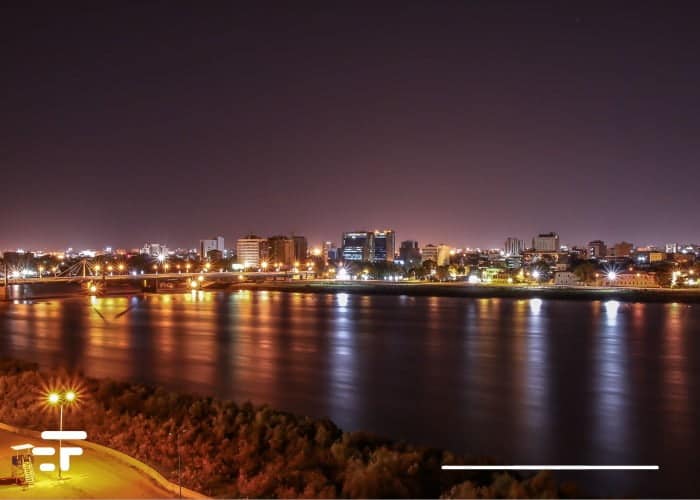
Khartoum, Sudan
It could become a beacon city in Africa. Indeed: a stronghold city. In an unstable region of the world like few others, a point of reference for many people. This is why Khartoum will almost represent a state within a state where millions of refugees will gather and organize their communities.
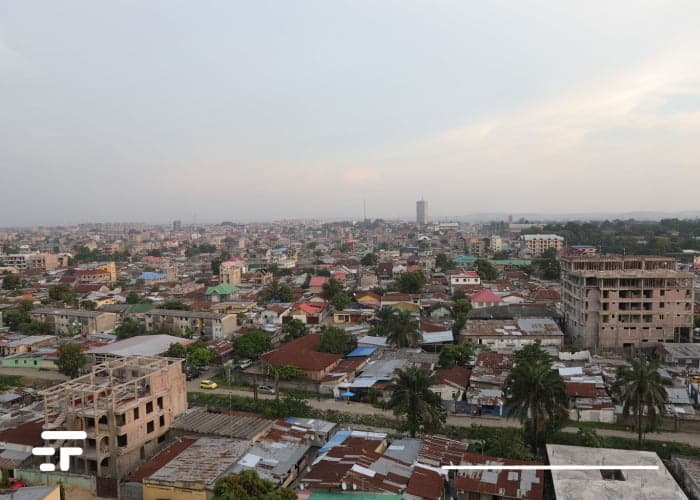
Kinshasa, Congo
Today it is one with planning that still echoes that of the segregationist colonial era in Africa, in which a handful of oligarchs live in luxury while a sea of poor sails in dire straits. This will be a place of great sparks, and strong changes in the near future.
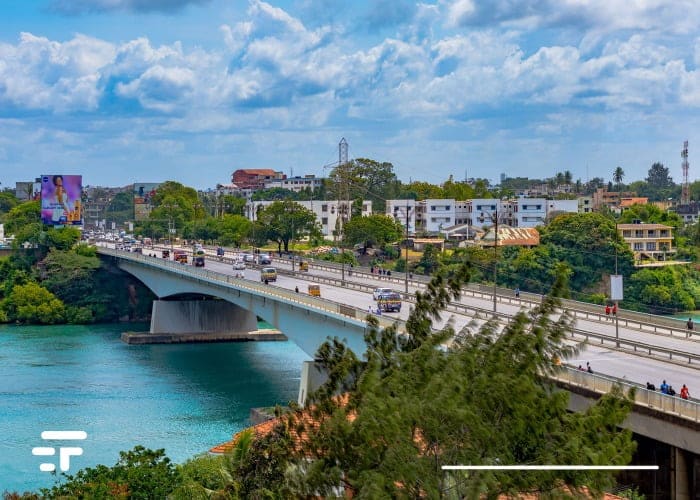
Mombasa, Kenya
African cities (especially coastal ones) have been shaped for centuries by the projects of the foreign powers that colonized them. And this one in particular shows all the layers of history, from neighborhoods full of very narrow alleys to the glittering technological terminals for the storage of containers. It will also be one of the most stimulating cities on a cultural level.
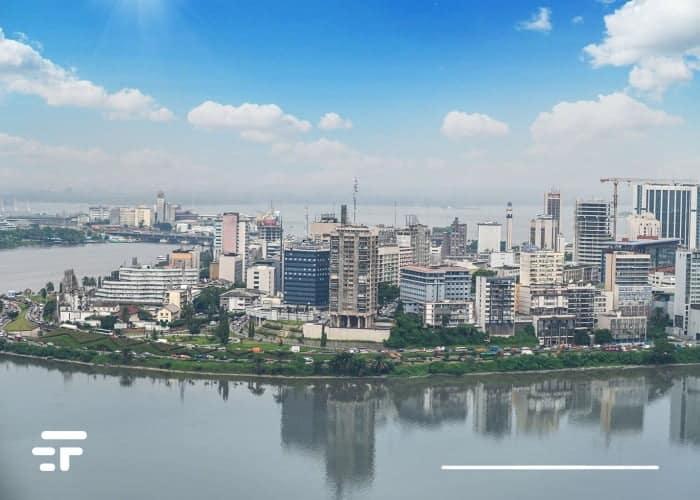
Abidjan, Ivory Coast
When many in Europe talk about a "migratory wave" to be contained, they do not take cities like Abidjan into account. Its cosmopolitan streak already attracts the majority of African migrants today, and serves as a model of tolerance: it will be the vanguard of the new pan-African identity.
Africa First
This could be the century of the catch-up for Africa. A long journey that will prepare an enlightened future century, in which growth will bring innovation and progress never experienced in the history of the entire continent.


